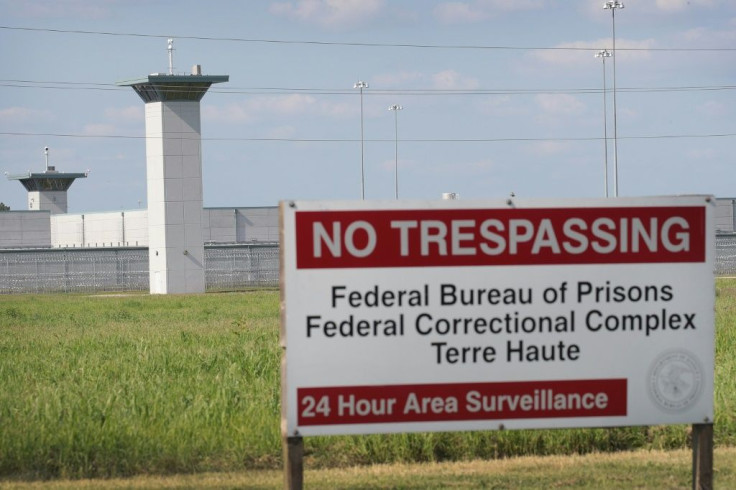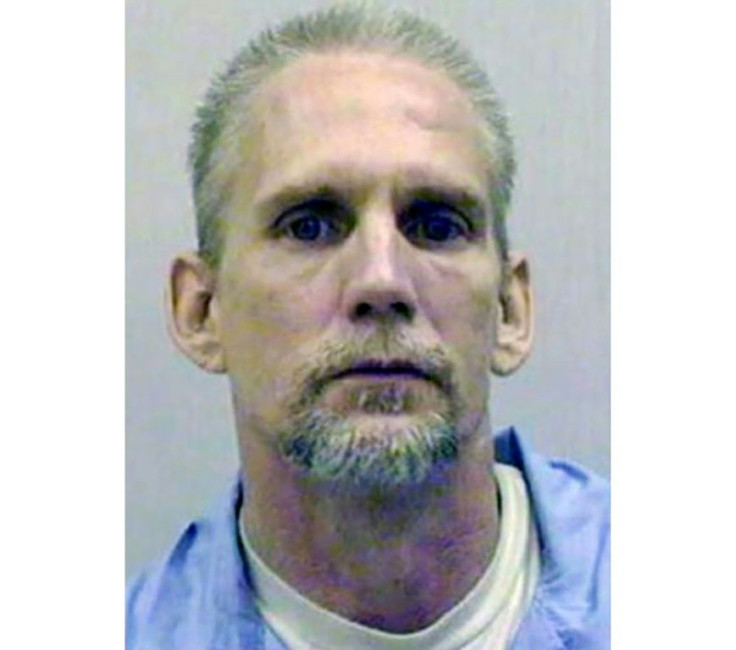US Supreme Court Says Murderer's Execution Can Go Ahead
The execution of a murderer whose lawyers claim is suffering from dementia can go ahead, the US Supreme Court ruled Thursday, overturning a lower court that put a stay on the process.
President Donald Trump last month ordered a resumption of federal executions after a 17-year hiatus, and the Supreme Court's decision means Wesley Ira Purkey, 68, could be the second federal inmate to be executed this week.
Purkey, of Kansas, was convicted in 2003 for the 1998 rape, murder and dismemberment of 16-year-old Jennifer Long. He was also found guilty of beating an 80-year-old woman to death with a hammer.
He had been scheduled to be executed by lethal injection on Wednesday at Terre Haute prison in the midwestern state of Indiana.
But Purkey's lawyers sought to prevent his execution by arguing he was mentally impaired and unable to understand why he was being put to death.

Although a District Court judge on Wednesday blocked his execution to allow for a hearing on his mental competency, this was overturned by the Supreme Court overnight, court documents showed.
"The application for stay of execution of sentence of death... is denied," the ruling said, paving the way for Purkey's execution to go ahead.
The ruling was a narrow one, however, as four of the Supreme Court's nine justices disagreed with the decision.

Rebecca Woodman, one of Purkey's attorneys, described him as a "severely brain-damaged and mentally ill man who suffers from advanced Alzheimer's disease and dementia."
"Though he has long accepted responsibility for his crime, he no longer has a rational understanding of why the government plans to execute him," Woodman said.
Daniel Lewis Lee, 47, a former white supremacist convicted of the 1996 murders of a family of three, was put to death by lethal injection on Tuesday at the same Indiana prison where Purkey is scheduled to die.
Another federal inmate, Dustin Lee Honken, 52, is to be executed on Friday for five murders, including those of two girls aged 10 and six.
The death penalty was reinstated at federal level in 1988 but had only been carried out three times before the execution of Lee -- the last time in 2003.
More than 1,000 US religious leaders urged Trump last week to abandon plans to resume federal executions.
But the US President, who faces a tough re-election battle in November, has called for stepped-up capital punishment, especially for drug traffickers and killers of police officers.
Only a handful of US states, mainly in the conservative South, still carry out executions. In 2019, 22 people were put to death.
Most crimes are tried under state laws, but federal courts handle some of the most serious cases -- including terror attacks, hate crimes and racketeering cases.
Among the most notable recent federal executions was that of Timothy McVeigh, who was put to death by lethal injection in 2001 for the 1995 bombing of a federal building in Oklahoma that killed 168 people.
© Copyright AFP 2024. All rights reserved.





















